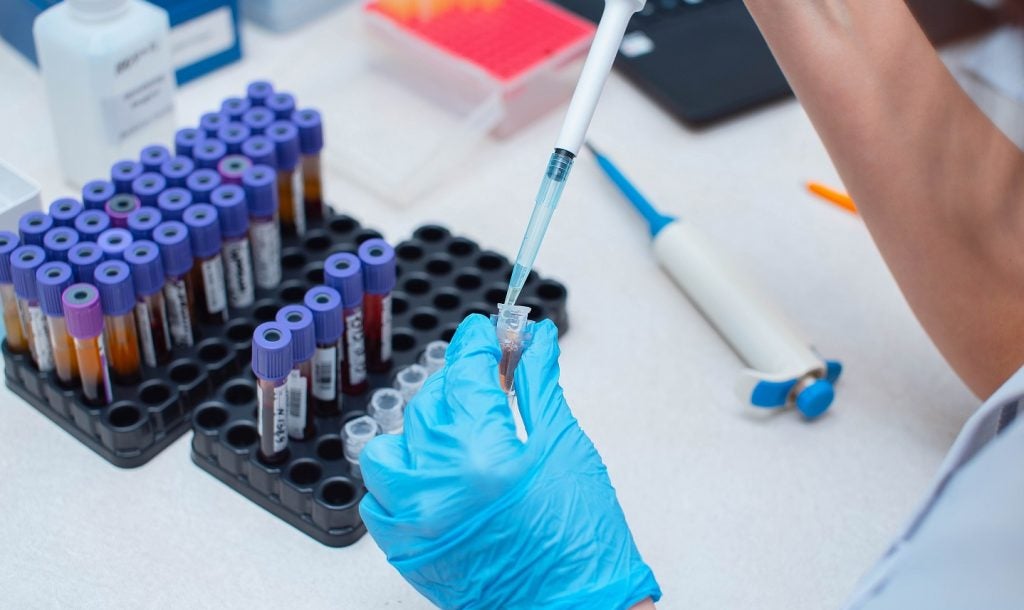
Guardant Health and The Royal Marsden NHS Foundation Trust are collaborating on Part C of the Tracking mutations in cell-free DNA to predict Relapse in eArly Colorectal Cancer (TRACC) study using the Guardant Reveal blood test.
The TRACC trial will assess the use of circulating tumour DNA (ctDNA) measurements to guide chemotherapy treatment decisions following curative-intent surgery in early-stage colorectal cancer (CRC) patients.
It is intended to identify patients that can be spared unnecessary chemotherapy as well as evaluate the associated side effects based on a negative test result for ctDNA after surgery.
In the study, the Guardant Reveal blood test will be used to detect minimal residual disease (MRD) by measuring DNA shed from tumour cells into the bloodstream.
The company stated that Part C of the TRACC trial aims to assess the use of ctDNA results obtained from the Guardant Reveal assay to guide decisions for CRC patients in a randomised, multi-centre, prospective study that will be conducted over the next four years.
Guardant Health co-CEO Helmy Eltoukhy said: “With the Guardant Reveal test, a simple blood draw can be used to identify colorectal cancer patients who have residual disease and are most likely to benefit from adjuvant therapy.
How well do you really know your competitors?
Access the most comprehensive Company Profiles on the market, powered by GlobalData. Save hours of research. Gain competitive edge.

Thank you!
Your download email will arrive shortly
Not ready to buy yet? Download a free sample
We are confident about the unique quality of our Company Profiles. However, we want you to make the most beneficial decision for your business, so we offer a free sample that you can download by submitting the below form
By GlobalData“We’re pleased to partner with The Royal Marsden in the TRACC Part C study to enable the investigators to more accurately predict when cancer is unlikely to return, help guide chemotherapy treatment decisions and provide patients with a better quality of life.”
Up to 1,621 participants are planned to be recruited over four years at nearly 40 sites across the UK.
The Efficacy and Mechanism Evaluation (EME) Programme, a Medical Research Council (MRC) and National Institute of Health Research (NIHR) partnership, has provided funding for the trial.







